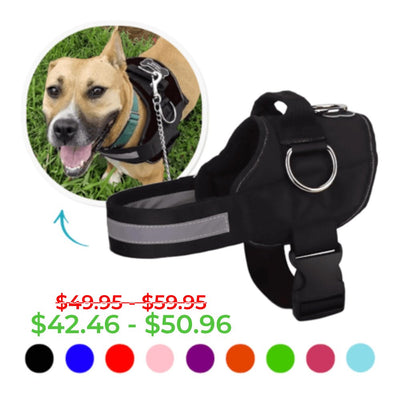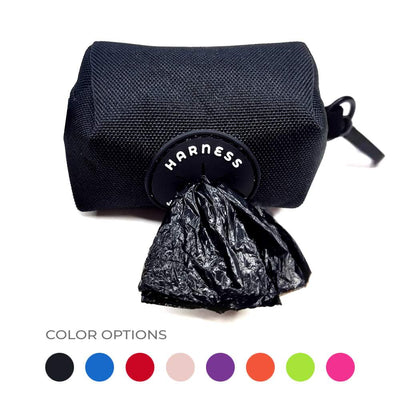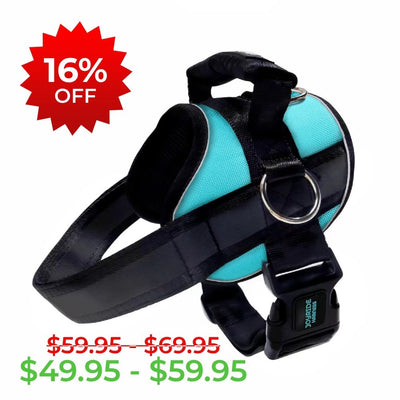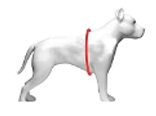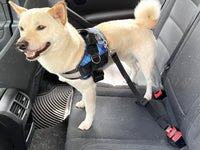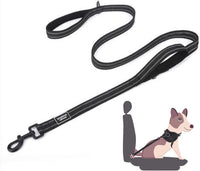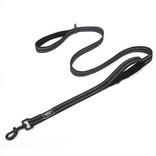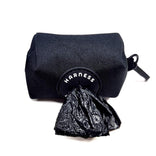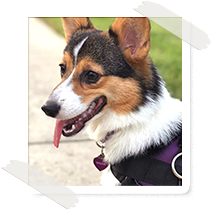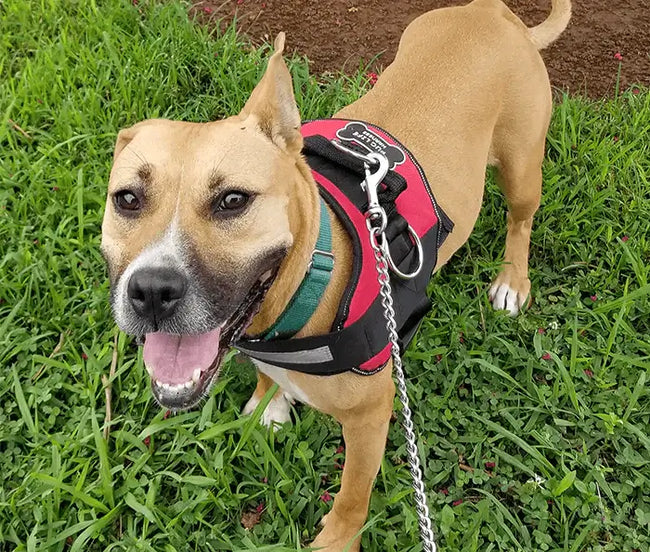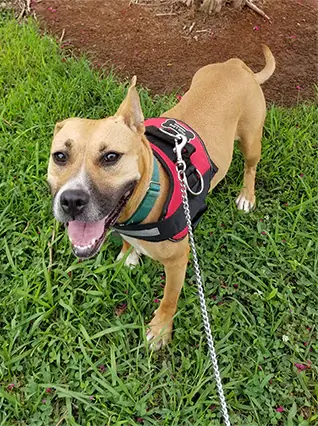Health Matters: Signs Your Dog Is Healthy & Happy

Your dog’s health matters most to you because the healthier they are, the happier they are. The healthier and happier they are, the better quality of life they experience.
We’ve shared numerous blog posts on how to keep your dog healthy, what signs you should be worried about, and more, but what about a quick checklist of the good signs; the signs that your dog is happy and healthy?
In this blog post, we run through 5 clear signs that your dog is healthy and happy.
5 Signs Your Dog Is Healthy & Happy
1. Your dog’s coat is shiny and clean.
A shiny and clean coat means your dog’s body is producing natural oils and shedding normally. According to VCA Hospitals, “A healthy coat should be shiny and smooth, not brittle or coarse, and healthy skin should be supple and clear, not greasy, flaky, or bumpy.”
At the root of a dog’s shiny and clean coat are proper nutrition and regular grooming. Dogs don’t need to be regularly bathed, but a grooming brush can do the trick!
2. Consistency in weight.
Consult with your veterinarian or vet’s office on the recommended weight range for your fur baby. When your dog drastically changes in weight, that’s usually an indication of an underlying health issue at work. If your dog maintains consistency in lean weight, they’re more than likely in healthy shape!
To ensure consistency in lean weight, maintain your dog’s weight through proper nutrition and regular exercise.
3. Your dog’s breath isn’t odorous.
Sure, your dog’s breath might have a little stink to it, but if your dog’s breath feels like it’s singing your own nose hairs, they more than likely have halitosis which is an odor that comes from bacteria.
According to VCA Hospitals, “The primary cause of bad breath in dogs is bad bacteria causing decay that creates smelly sulfur compounds. Volatile sulfur compounds may also play a role in periodontal disease affecting the integrity of the tissue barrier, allowing endotoxins (a part of bacteria) to produce periodontal destruction, endotoxemia (endotoxins in the blood), and bacteremia (bacteria in the blood). Small and flat-faced breeds are more prone to oral disease because the teeth are closer together, smaller animals live longer, and their owners tend to feed them softer food.”
To avoid this, keep up with your dog’s dental health care and practice cleanings at home.
4. Your dog is showing average behavior.
Is your dog excited to see you? Are they invested in being around you and the family? These are signs of a healthy, socialized dog. If your dog, however, is spending more time alone, showing lethargy, and overall acting out of character, your dog may be trying to tell you something is wrong. In that case, meet with your veterinarian to figure out what’s ailing your fur baby.
5. Your dog’s ears are clean.
When your dog’s ears have a consistent backup of wax, dirt, etc. accompanied by a strong odor, your dog may have an ear infection. Additionally, the buildup of wax can insulate warmth and make it more of an effort for your dog’s body to regulate its temperature on its own.
Schedule regular ear cleanings and if you believe your dog is experiencing any issues with their ears with a possible infection, schedule an appointment with your local trusted veterinarian.
This is just a sampling of tips and informational posts we offer at Joyride Harness. You can find more content including tips and tricks and how-tos for caring for your dog on our blog in this section.


